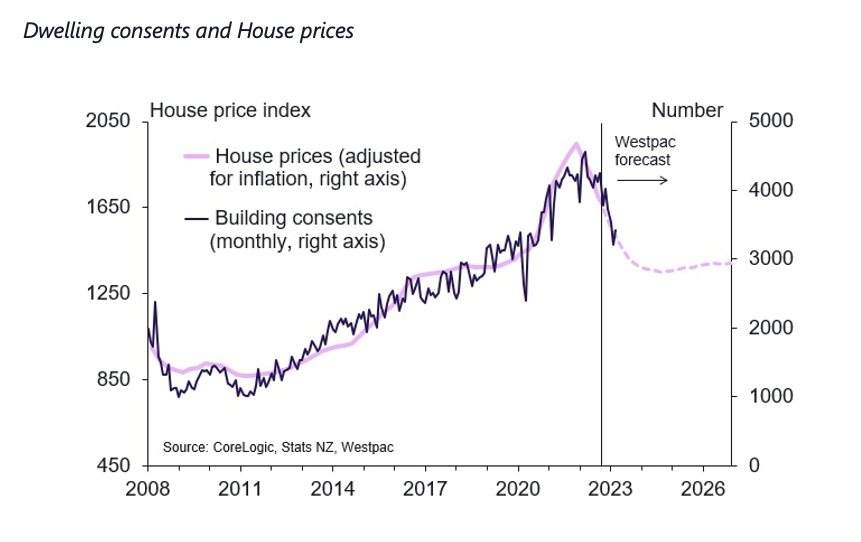Construction activity to "remain firm" over the course of 2023, economist says

Dwelling consent numbers bounced back in March, but the downtrend in consent issuance remained firmly in place, according to a Westpac NZ economist.
“While consent issuance bounced in March, the trend in new home building is clearly softening,” said Satish Ranchhod (pictured above), senior economist at Westpac NZ. “We expect to see consents continuing to trend downwards over the year ahead.”

The number of new dwelling consents increased 7% in March, with 3,400 new dwellings consented over the month, driven by a lift in multi-unit consent numbers (like apartments and townhouses), following a large decline over the past few months.
Year-on-year, new dwellings consented numbered 46,600, down from the peak seen in 2022 but still high historically, with the drop spread across both standalone houses and multi-unit developments.
“Crucially, with tighter financial conditions squeezing the economy, we expect the downtrend in consent issuance will deepen over the coming months,” Ranchhod said.
“As we’ve highlighted before, financial conditions in the construction sector have become a lot tougher. Operating costs for construction firms have skyrocketed over the past year, rising by around 12%.
“On top of that, interest rates have risen to their highest levels in more than a decade. At the same time, existing house prices have tumbled, dropping by 17% across the country. Those factors mean that prospective buyers are reluctant to purchase off the plan, while developers are increasingly hesitant to bring new projects to market.”
Ranchhod said the bank still expects construction activity to “remain firm” over the course of 2023, boosted by reconstruction following the recent storms.
“However, as the existing pipeline of projects is completed, the above conditions mean that construction activity is set to turn down over the coming years,” Ranchhod said.
Use the comment section below to tell us how you felt about this.



